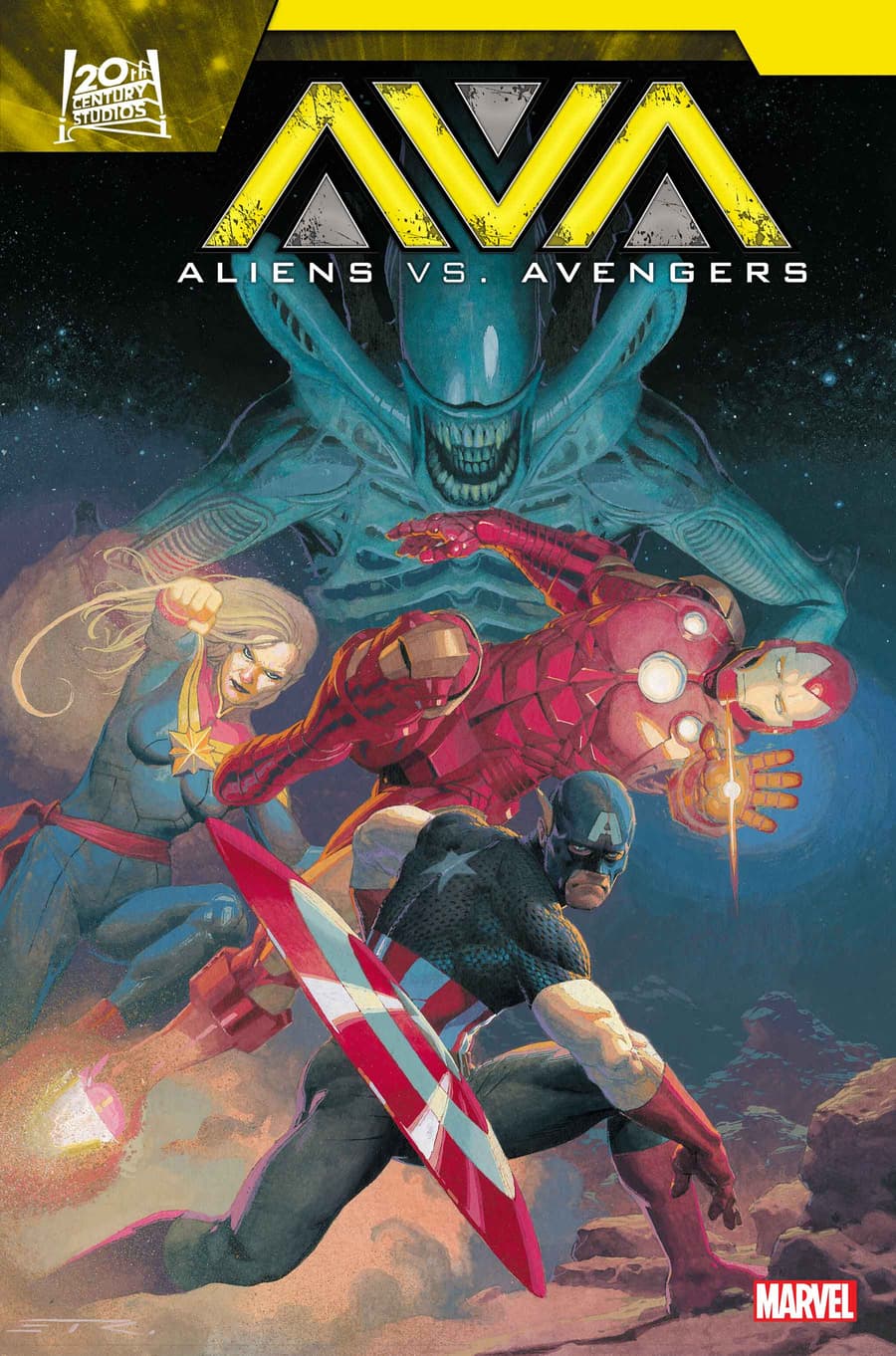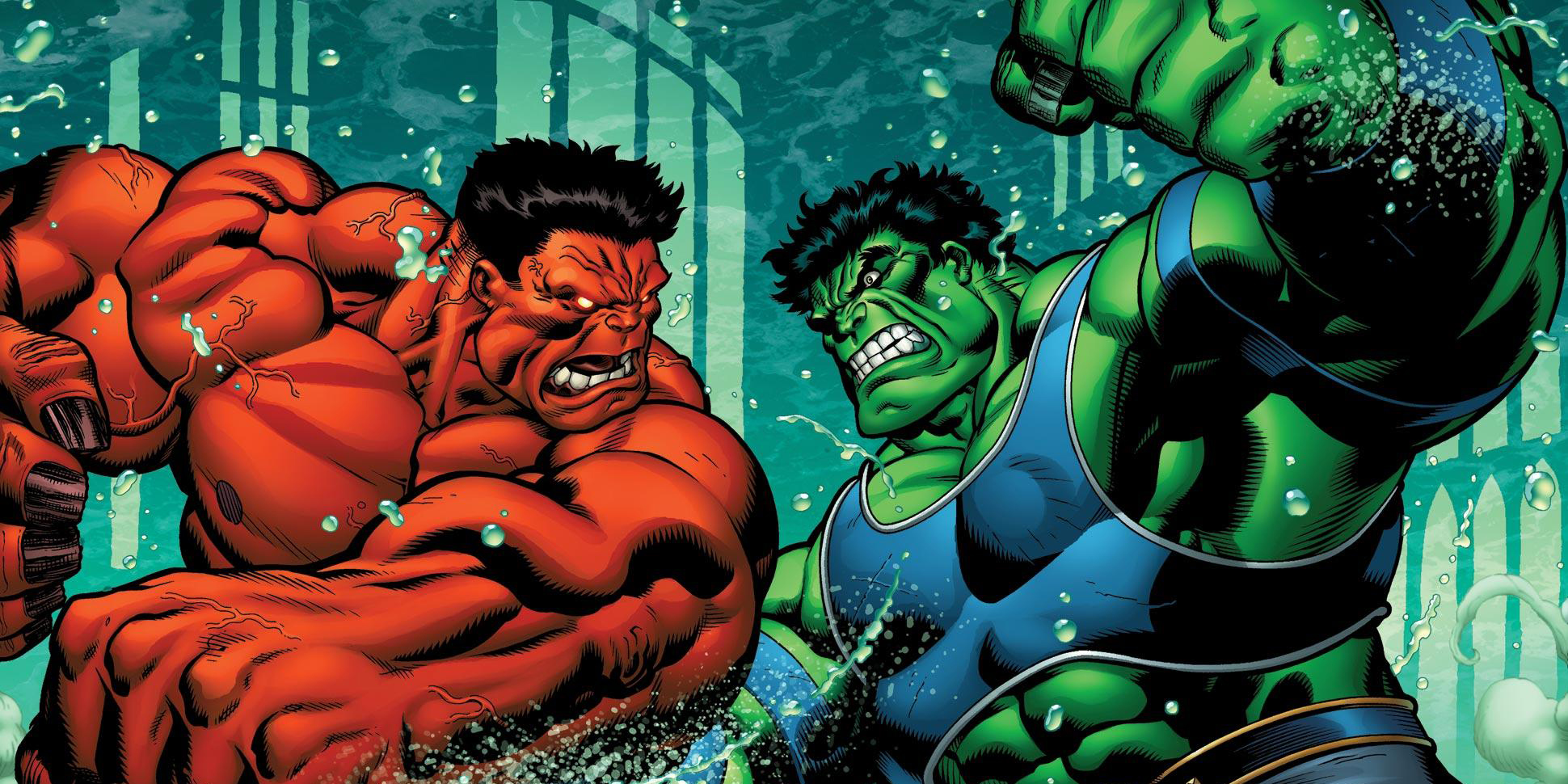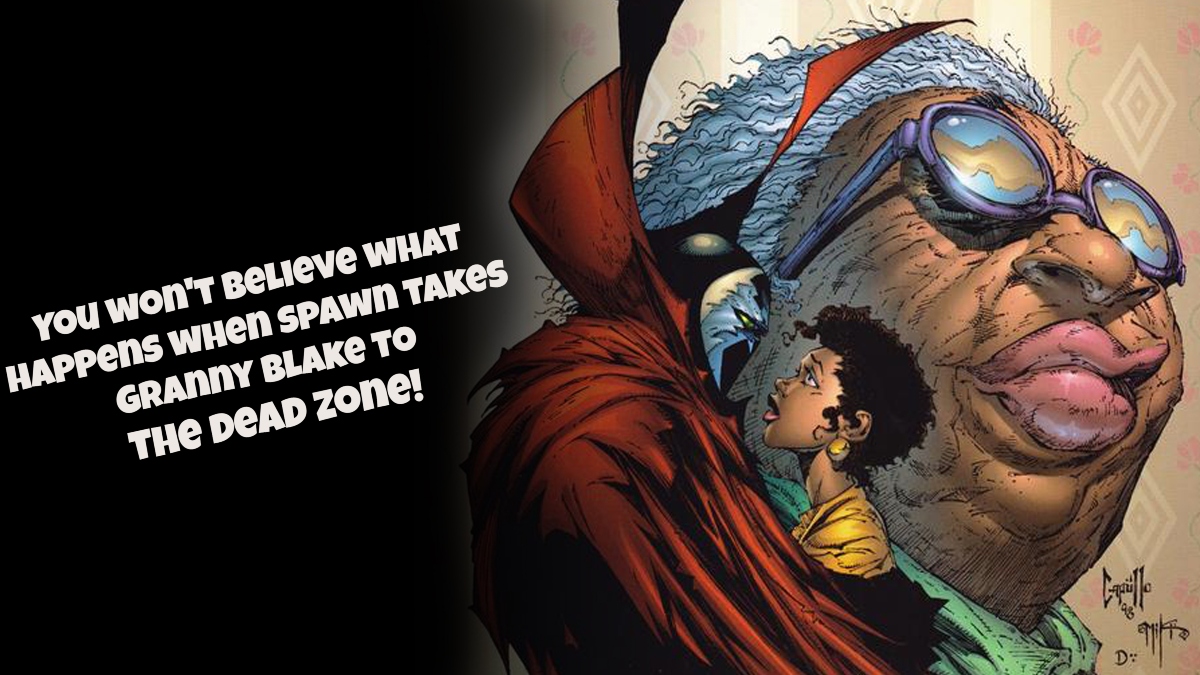![]()
When remaking a movie, sometimes all the difference in the world comes down to one thing: The source material. People often overlook that, and I find that certain films are incorrectly referred to as remakes when, in fact, they’re a new interpretation of the source material. For example: When Psycho was remade in the 1990s, it was a straight-up remake of the original Hitchcock film. The filmmakers decided to do a very literal reconstruction of Hitchcock’s film, and literally remade it. Then there’s something like the Willy Wonka and The Chocolate Factory vs Charlie and The Chocolate Factory comparison. While many were quick to say that the Johnny Depp film was a remake of the Gene Wilder original, that’s actually a misnomer. The latter film was actually a new spin on the original novel, with which it shared its name. Heck, just look at Judge Dredd vs Dredd.
Vastly different films can come from the same source, depending on what the filmmakers want to do.
When adapting a book to the screen, there’s often tons of stuff that doesn’t make it to the screen. Books often have so much extra information, more complex subplots, and twists in them that screenwriters tend to streamline, alter, or ditch whole sections of the original story entirely. So when a movie is being made, and it’s based on a book that’s all ready been adapted in the past, it doesn’t necessarily mean that the two films are going to be exactly alike. Or even a rehash. Such seems to be the case with the upcoming Ben-Hur, which many have rushed to call a remake, but which writer John Ridley (12 Years A Slave) says will explore facets of the book that were left untouched in the 1959 film.
“It’s going to be different in the sense that the original writer, Keith Clarke, wrote an amazing script and then went back to the Lew Wallace novel and really excavated the relationship between the two main characters, Ben-Hur and Messala. It’s interesting to a degree. It’s kind of like going after Jimi Hendrix, because there are things about the 1959 movie that we think we remember, there are things that really happened, including obviously the chariot race, so it’s going to be different in the sense that we’re not really trying to completely chase the movie people remember but there are elements of that movie: the heart of the film, the emotional drive of the film that we want to try to bring to a whole new audience. I think it’s an interesting project. It’s certainly challenging. It’s certainly one that people are going to come into with expectations, but like anything you do, you gotta exceed those expectations to a degree and also not worry about them because at its core, we hope and believe that we’ve got something that’s unique.”
He referenced Jimi Hendrix because this was part of an interview that primarily center on Ridley’s new film, Jimi: All Is By My Side, which represents a snapshot of Hendrix’s life pre-fame.
I think a distinction between remake and reinterpretation will become handy for film fans as Hollywood continues to mine past glories for future rewards. I think there’s a big difference between a project that’s looking to just rehash another movie, and one that’s going to look at the source material and pull a new take out of it.
SOURCE: ComingSoon

 FOR FANBOYS, BY FANBOYS
Have you checked out LRM Online’s official podcasts and videos on The Genreverse Podcast Network? Available on YouTube and all your favorite podcast apps, This multimedia empire includes The Daily CoG, Breaking Geek Radio: The Podcast, GeekScholars Movie News, Anime-Versal Review Podcast, and our Star Wars dedicated podcast The Cantina. Check it out by listening on all your favorite podcast apps, or watching on YouTube!
Subscribe on: Apple Podcasts | Spotify | SoundCloud | Stitcher | Google Play
FOR FANBOYS, BY FANBOYS
Have you checked out LRM Online’s official podcasts and videos on The Genreverse Podcast Network? Available on YouTube and all your favorite podcast apps, This multimedia empire includes The Daily CoG, Breaking Geek Radio: The Podcast, GeekScholars Movie News, Anime-Versal Review Podcast, and our Star Wars dedicated podcast The Cantina. Check it out by listening on all your favorite podcast apps, or watching on YouTube!
Subscribe on: Apple Podcasts | Spotify | SoundCloud | Stitcher | Google Play



